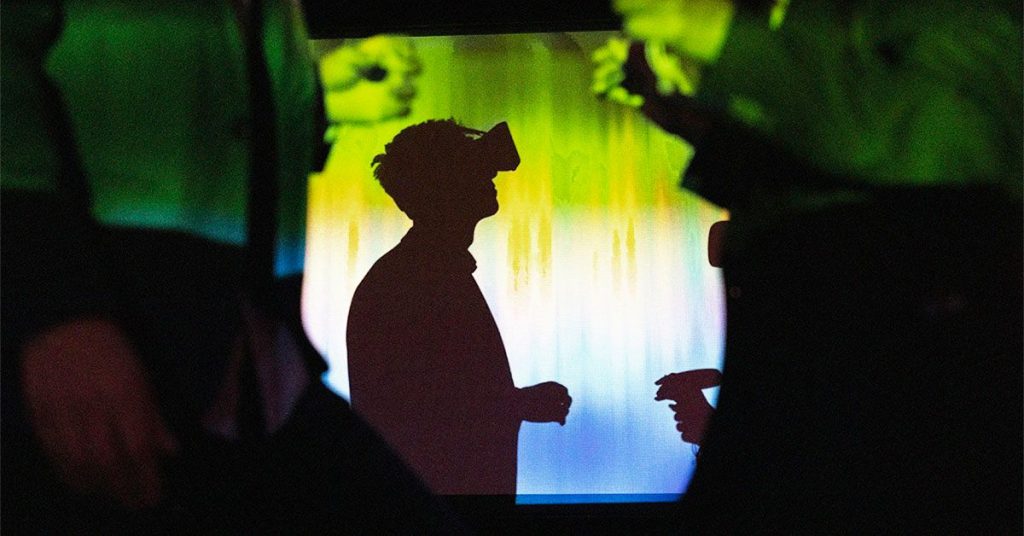A study from Stanford University has found that virtual reality treatment for major depressive disorder is as effective as current first-line therapies, though there are suggestions that the benefits may be linked to the placebo effect. The use of extended reality headsets in treating depression is being investigated, with results showing that virtual reality treatment yields similar outcomes to telehealth therapy. The study conducted by researchers focused on comparing the efficacy of standard behavioral activation therapy with an extended reality-enhanced version referred to as XR-BA therapy. Participants showed significant reductions in depressive symptoms after engaging in XR-BA therapy, suggesting that this form of treatment may be more enjoyable and motivating for patients.
In the study, 26 participants were randomly assigned to receive either traditional behavioral activation therapy or XR-BA therapy using Meta Quest 2 virtual reality headsets. Both groups experienced a significant reduction in their Patient Health Questionnaire (PHQ-9) scores and symptom severity over the course of the trial. XR-BA participants exhibited a drop in PHQ-9 scores even before the first session, signaling a potential placebo effect and positive anticipation of the therapy. This form of engaging therapy in a virtual reality environment may appeal to individuals with MDD who are interested in incorporating new technology into their treatment.
First author Margot Paul highlighted the benefits of using XR therapy in mental healthcare, noting that it could help reduce stigmas associated with seeking treatment and make therapy more accessible and enjoyable for patients. While the placebo effect may play a role in the positive outcomes of XR-BA therapy, further investigations are needed to explore its potential benefits in enhancing patients’ agency and control over their mental health recovery process. The immersive and interactive nature of XR-BA therapy provides individuals with opportunities to engage in enjoyable activities and feel empowered, offering a new approach to addressing depressive symptoms.
Şerife Tekin, an expert not involved in the study, emphasized the importance of incorporating a variety of interventions in mental health treatment to address the complexity of human selves. While there is promise in the use of XR-BA therapy for individuals with depression, it is crucial to proceed with caution and offer patients a range of treatment options to find what works best for them. Previous research on the use of virtual reality in PTSD treatment has shown promising results, suggesting that innovative therapies like XR-BA could complement existing treatments and empower patients in their recovery journey. By integrating novel interventions like XR therapy into traditional treatment modalities, healthcare providers may enhance the effectiveness of mental health care for individuals with depressive disorders.













